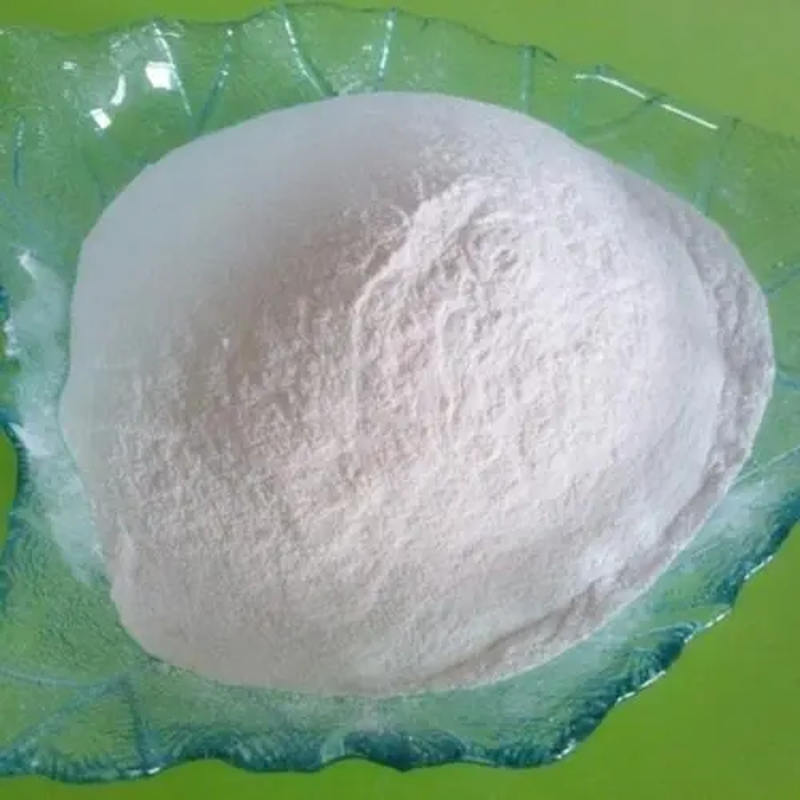High-flow gas input through the nose cools patients with neurointensive fever
-
Last Update: 2020-06-27
-
Source: Internet
-
Author: User
Search more information of high quality chemicals, good prices and reliable suppliers, visit
www.echemi.com
Wendy CZiai of the Department of Neurology and Neurology at Johns Hopkins University School of Medicine in the United States published a study published online in March 2019 using a transnonotl single-flow high-flow gas to reduce the safety and effectiveness of the body temperature in patients with neurocritical disorder- Excerpted from article chapter: Ziai WC, et alNeurocrit Care2019 Mar 27doi: 10.1007/s12028-019-00702-xThefever is common in the acute stage of brain injury and can affect the patient's prognosis, especially for brain trauma, ischemic stroke and intracranial bleedingThe current cooling method, in addition to heat-repelled drugs, the use of ice bags and cooling blankets and other physical methods, but often induce a tremor reactionWendy CZiai of the Department of Neurology and Neurology at Johns Hopkins University School of Medicine in the United States published a study published online in March 2019 using a transnonotl single-flow high-flow gas to reduce the safety and effectiveness of the body temperature in patients with neurocritical disorderthe study included seven patients with fever who were treated in the Neurointensive Intensive Care Unit (NCCU), with an average age of 40 to 14 years and 72% male5 cases of intra-brain or intra-brain haemorrhage, 1 case of transverse myelitis, and the rest were all anaerobic brain injury caused by cardiac arrestWith conventional anti-heat drugs and non-drug cooling measures, the body temperature is still 37.5 degrees C and exceeds 24 hThrough the airway press, 7 patients were given medical-grade high-flow air through the nose at a pressure of 20cmH2O, lasting 2h, and the average air flow through the nose was 57.5 to 6.5L/minMonitor the temperature of the esophagus and tympanic membrane at the same time The results of the showed that the average body temperature of 7 patients was significantly lower than the pre-ventilation temperature after 2h, and the average body temperature was significantly lower than that of the pre-ventilation, and the average temperature was significantly lower than that of 38.4 to 0.6 degrees C (p.002) The rate of hypothermia is 0.6 to 0.15 degrees C/h Among them, 5 cases after ventilation 2h body temperature returned to normal, 1 case appeared 39.7 degrees C high heat, and another case due to technical reasons repeatedly interrupted ventilation, body temperature did not drop The body temperature in 30min of ventilation is the same as the body temperature prior to ventilation (38.3 to 0.4 degrees C vs 38.4 to 0.6 degrees C) None of the patients experienced tremor syfyd reactions and complications associated with ventilation authors point out that in NCCU, the input of one-way high-flow air through the nose can lower the body temperature of a patient with fever without causing tremors or any other serious side effects.
This article is an English version of an article which is originally in the Chinese language on echemi.com and is provided for information purposes only.
This website makes no representation or warranty of any kind, either expressed or implied, as to the accuracy, completeness ownership or reliability of
the article or any translations thereof. If you have any concerns or complaints relating to the article, please send an email, providing a detailed
description of the concern or complaint, to
service@echemi.com. A staff member will contact you within 5 working days. Once verified, infringing content
will be removed immediately.







